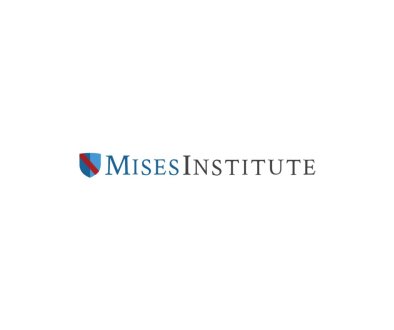Volokh v. Williamson County Challenges Tennessee’s Restriction on Non-Tennesseeans Accessing Court Records
From our motion for a preliminary injunction, filed today by my lawyers, Susan L. Kay, Jennifer Safstrom, and Ryan Riedmueller of the Vanderbilt Law School Stanton Foundation First Amendment Clinic:
American citizens enjoy a First Amendment right of access to judicial records that state and local governments may not restrict unless the restriction withstands constitutional scrutiny. See Detroit Free Press v. Ashcroft, 303 F.3d 681, 700 (6th Cir. 2002). The Tennessee Public Records Act (“TPRA”) includes a provision that restricts access to public records, including judicial records, to residents of Tennessee. Tenn. Code Ann. § 10-7-503(a)(2)(A). The First Amendment is a fundamental right enjoyed by all Americans and cannot be abridged by a state statute based on an individual’s state citizenship.
Additionally, the Privileges and Immunities Clause of the United State constitution prohibits states from burdening a fundamental right on the basis of state citizenship. Because the TPRA restricts rights guaranteed by the United States Constitution on the basis of state citizenship, it is unconstitutional.
On February 5 and March 5, 2025, Plaintiff Eugene Volokh, a California resident, was impermissibly denied access to public judicial records by Defendants because of his residency status. {Mr. Volokh [had] submitted a request … via email for records filed in Garramone v. Curtsinger, No. 22-CV-602, a case in Williamson County Circuit Court.} {In this case, one party requested an order of protection from the court against the opposing party based on activities the opposing party claimed were protected by the First Amendment. As a leading First Amendment scholar, especially within the context of harassment, Mr. Volokh requested documents from this case to assist his research.} …
Our motion argues that the right of access to judicial records is a First Amendment right; the Sixth Circuit had already recognized this in Detroit Free Press, but we go through the Supreme-Court-prescribed analysis in any event:
To determine if the First Amendment right of public access attaches to “government information,” the information in question must satisfy the “experience and logic” test established by the United States Supreme Court in Richmond Newspapers Inc. v. Virginia, 448 U.S. 555 (1980). See Detroit Free Press, 303 F.3d at 700.
The experience prong asks whether there is a “tradition of accessibility” that “implies the favorable judgment of experience.” Id. (quoting Globe Newspaper Co. v. Superior Court, 457 U.S. 596, 605 (1982)). The Sixth Circuit has noted that “the open courtroom has been a fundamental feature of the American judicial system,” acknowledging the long history and experience of public access American citizens have enjoyed and come to expect from the judiciary. See Brown & Williamson Tobacco Corp., 710 F.2d at 1177. The Sixth Circuit held that shorter periods would be acceptable under sufficiently compelling logical reasons. See Detroit Free Press, 303 F.3d at 701.
The “logic” prong asks “whether public access plays a significant positive role in the function of the particular process.” Id. at 703 (quoting Press-Enter. Co. v. Superior Court, 478 U.S. 1, 8–9 (1986) (hereinafter Press-Enterprise II)). To evaluate this prong, the Sixth Circuit has asked if public access “enhances the quality” of the government function in question. See id. at 703 (holding that “public access undoubtedly enhances the quality of deportation proceedings”); see also Brown & Williamson Tobacco Corp., 710 F.2d at 1179 (holding Richmond Newspapers‘ policy considerations apply to civil trials).
Here, experience and logic both support a finding that the First Amendment right of public access attaches to civil judicial records.
First, because the open courtroom is regarded as a “fundamental feature” of the American judicial system, the experience prong is satisfied. See Brown & Williamson Tobacco Corp., 710 F.2d at 1177. The right to access records of public proceedings can be found as far back as 1372 when the English Parliament granted a statutory right to inspect court records. 46 Edw. 3 (1372); 2 Eng. Stat. at Large 191, 196-97 (1341-1411). The American colonies continued t
Article from Reason.com

The Reason Magazine website is a go-to destination for libertarians seeking cogent analysis, investigative reporting, and thought-provoking commentary. Championing the principles of individual freedom, limited government, and free markets, the site offers a diverse range of articles, videos, and podcasts that challenge conventional wisdom and advocate for libertarian solutions. Whether you’re interested in politics, culture, or technology, Reason provides a unique lens that prioritizes liberty and rational discourse. It’s an essential resource for those who value critical thinking and nuanced debate in the pursuit of a freer society.



